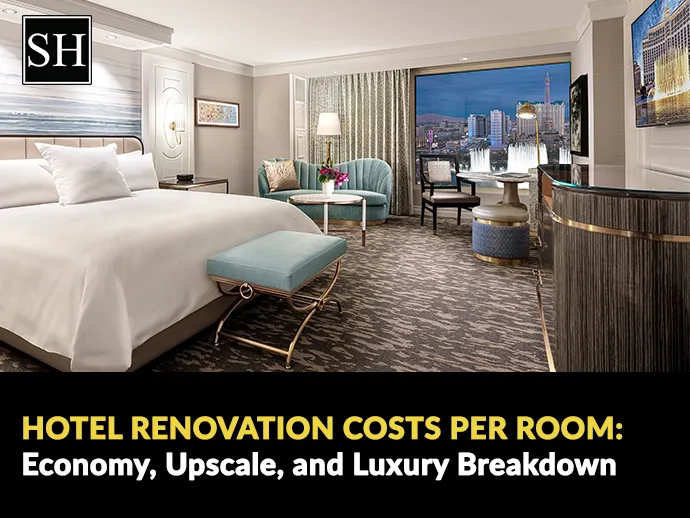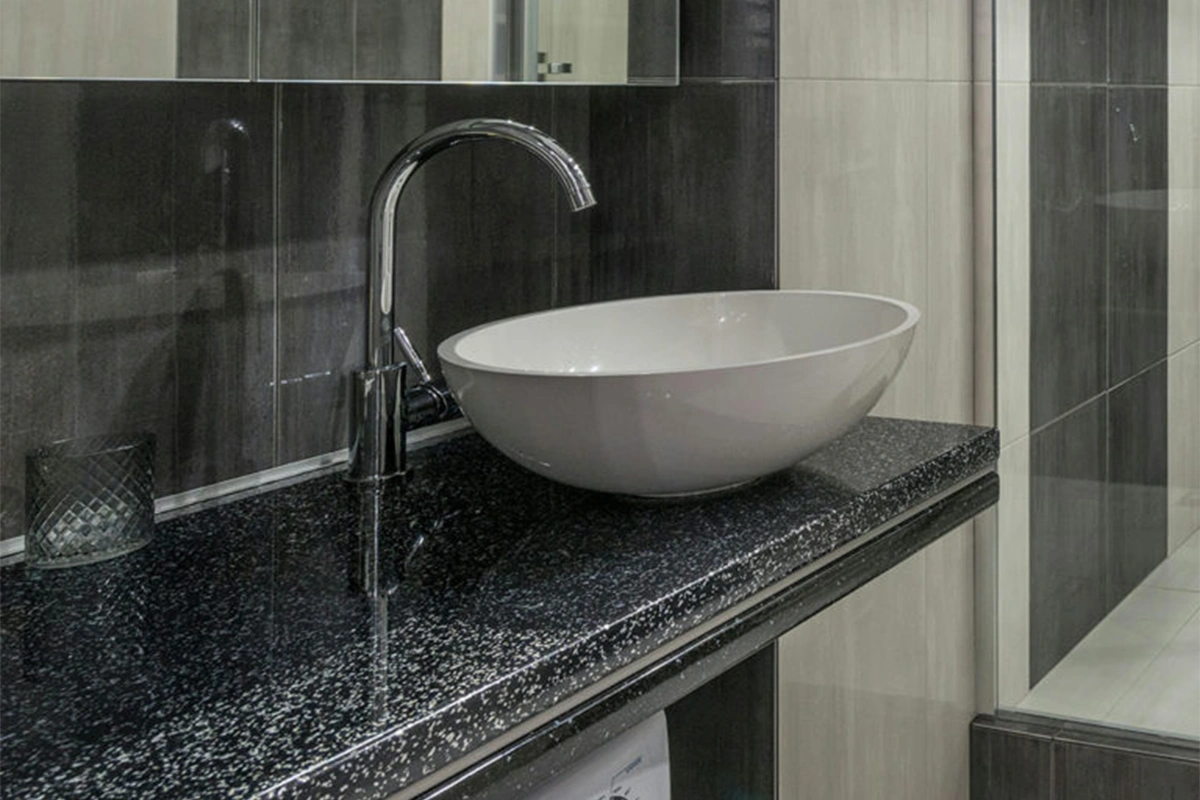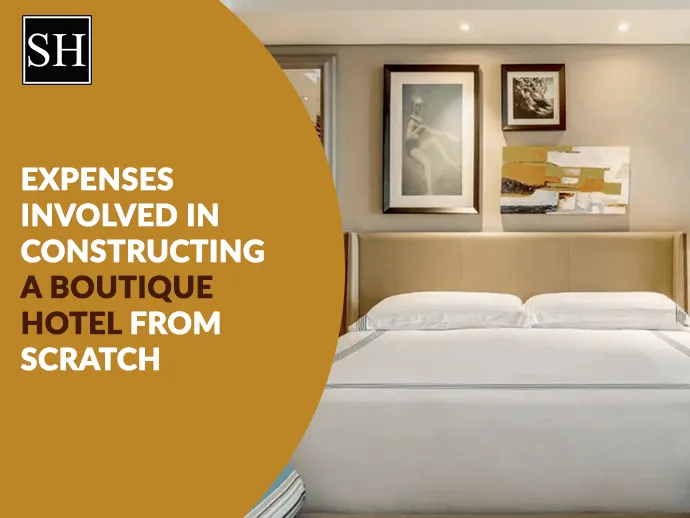
How Much Does It Cost to Build a Boutique Hotel from Scratch?
Building a boutique hotel from scratch is an exciting yet ambitious venture. Understanding the cost to build a boutique hotel—from land acquisition and construction to interior design and furniture—is essential for financial planning and long-term success.
The allure of boutique hotels lies in their personalized experiences, cozy atmosphere, and custom hotel furniture. But before breaking ground, every aspiring hotelier must ask the crucial question: How much does it cost to build a boutique hotel?
Average Cost to Build a Boutique Hotel
On average, the cost to build a boutique hotel ranges from $1.1 million to $1.5 million per room, depending on factors like design, materials, and location. Boutique hotels often cost more per room than traditional hotels due to their custom interiors, personalized service, and smaller scale.
- Where the hotel is
- What kind of experience do you want to provide to guest
- Design consideration wishes to complement your brand
Moreover, if you plan to install the best and most unique furniture pieces, we are a leading hospitality furniture manufacturer who helps you create the best works per your needs. So, in this article, we discover the actual cost of building a boutique hotel from scratch and bring vision into reality.
Step 1: Research Before Setting Your Boutique Hotel Construction Budget
If you are building a boutique hotel, then it is better to start with research. You must spend significant money to discover what you need to know, but it is well worth it. Where should you locate the hotel that appeals to the audience you desire as a guest? What niche are you trying to fill so you will gain a competitive position? What amenities are appealing to the guests? Therefore, it is always better to create a profile to discover what an ideal guest looks like and make a hotel appealing and pleasing to visitors.
Step 2: How to Create a Realistic Boutique Hotel Construction Budget
It is a question that comes into the mind of every hotelier owner: what is included in the building budget? More than you think because you can’t open a hotel till you have moved well beyond the development stage. An opening of the hotel includes its expenses. But, to start with construction, you already know the prime location, careful planning, and research.
The outline of the process are:
1. Adding Up FF&E Cost
The furniture, fixtures, and equipment include carpet in each room, equipment in tables, kitchen, and chairs in the dining room. The broad variation is possible in the cost that enables accounts for widely varying per-room amounts.
2. Obtaining Land
You can discover the land on which you want to build your dream for about 14% of your hotel budget.
3. Keeping Aside Working Capital and Opening Expenses
It is not a direct construction cost, but the hotel won’t start without it. It is not a huge expense. So, hiring required people and putting together supplies will probably account for 1% to 4% of the budget. It belongs to the upfront budget.
4. Accounting for Hard Costs
The construction cost is increasing quickly, and the price is nearly 5.1% yearly. It is lower than the growth rate but deep and steep.
5. Accounting for Soft Costs
The research suits this category, allowing financing costs, legal fees, and taxes. If you create a hotel in a famous area for its wildlife, you will pay for higher costs due to environmental concerns.
Step 3: Key Factors That Influence Boutique Hotel Construction Costs
Boutique hotels are famous for their distinctive character and design. Thus, the cost of building a boutique hotel is determined by many factors that set them apart from conventional hotels:
1. Size and Number of Rooms
Boutique hotels are usually smaller in scale in comparison to their larger counterparts. However, the number of rooms and suites and their structure and layouts affect construction costs.
2. Materials and Quality
Using high-quality materials and finishes is a priority in boutique hotel construction. This premium selection will improve the guest experience but enhance expenses.
3. Location
The boutique hotel location plays a vital role in cost determination. Prime locations in busy urban areas or scenic waterfronts usually come at a premium that impacts the overall budget.
4. Design and Ambience
Boutique hotels are known for their unique, aesthetically pleasing designs. Unique interiors and furnishings, including original artwork, characterize boutique hotels. However, these can also increase construction costs.
5. Amenities and Services
Boutique hotels are characterized by their attention to detail, personalized services, and unique amenities. These features can have a positive impact on both construction costs and operating costs.
Final Thoughts: Estimating Boutique Hotel Construction Costs Wisely
Building a boutique hotel is a labor of love, and comprehending the cost of creating one is fundamental to your success. The correct cost estimation empowers the plan, budget, and project execution with confidence. At Sara Hospitality, we specialize in offering recommendations and advice to hoteliers and buildings through the intricate world of construction costs.
- SOFT SEATING
- BATHROOM VANITY
- FIXTURE EQUIPMENT
- Hospitality Casegoods
- Hospitality outdoor furniture
- Senior living furniture
- Hotel reception desk
- High end contract furniture
- Premium Hotel Bedroom Furniture
- Custom commercial furniture
- Hospitality Furniture Manufacturers in Canada
- Leading Hotel Furniture Manufacturers in Canada
- Casegood manufacture canada
- Hotel Casegoods
- Cultured Marble
CATEGORIES
-

Best Senior Living Chairs for Elderly In US by Sara Hospitality
-

Senior Living Furniture 2026 for Hotels & Assisted Living USA
-
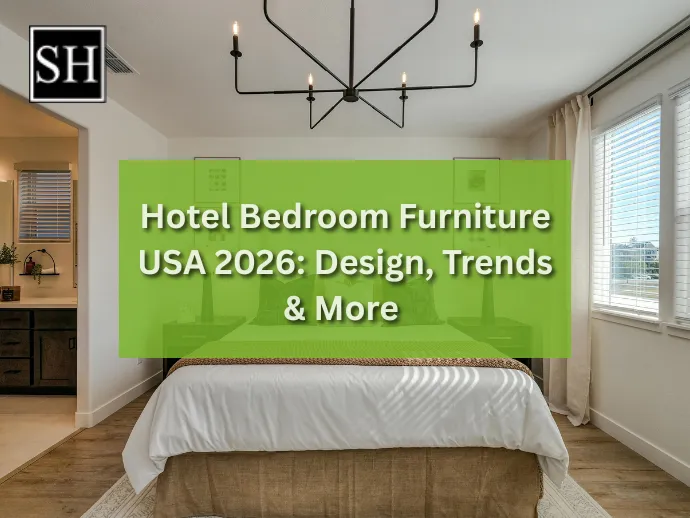
Hotel Bedroom Furniture USA 2026: Design, Trends & More
-

Requirements for Safe Senior Living Furniture in 2026
-

Best Armchairs for Elderly: A Hospitality Buyer’s Guide
RECENT POSTS
FREQUENTLY ASKED QUESTIONS
RELATED BLOGS

Best Armchairs for Elderly: A Hospitality Buyer’s Guide
John Smith | Feb 16, 2026
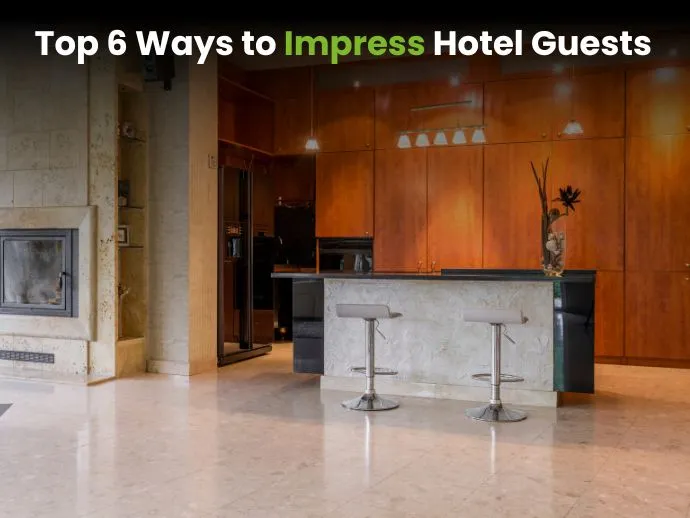
Top 6 Ways to Impress Hotel Guests in 2026 & Increase Revenue
Sara Hospitality | Feb 04, 2026
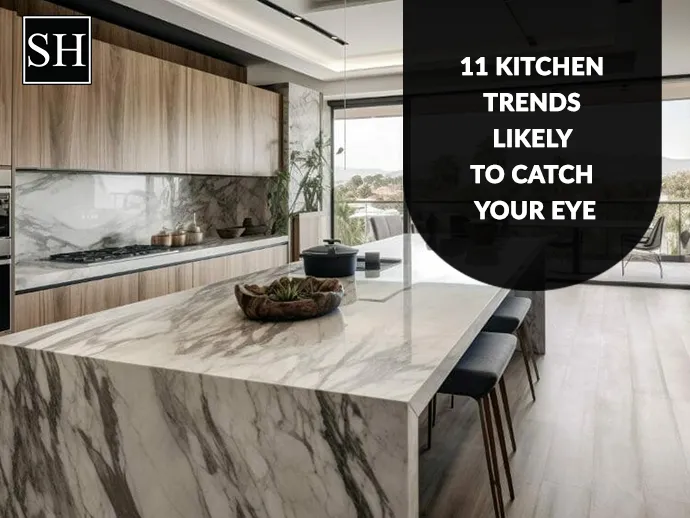
6 Kitchen Trends Likely to Catch Your Eye
Sara Hospitality | Feb 04, 2026
